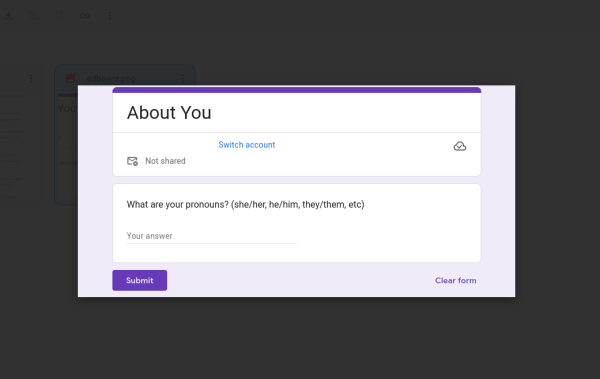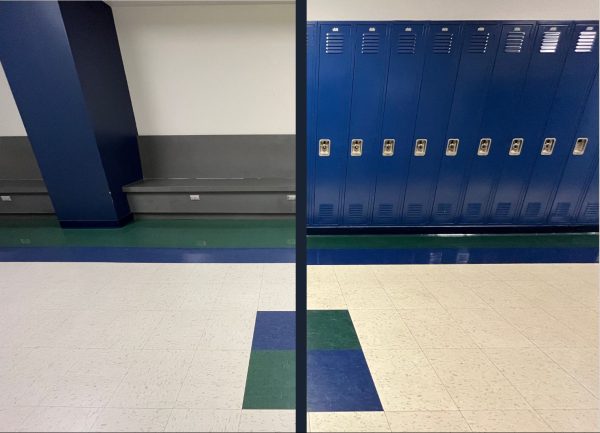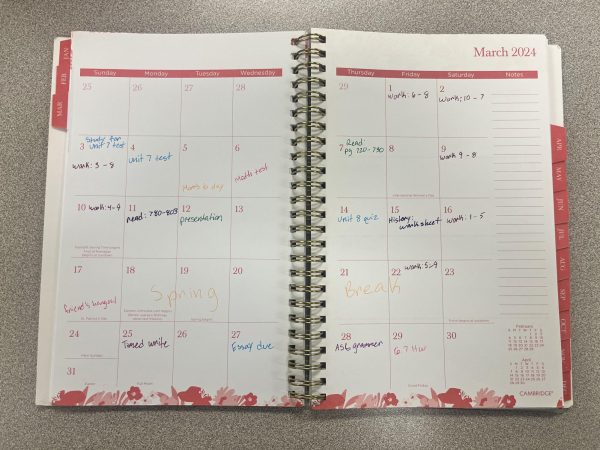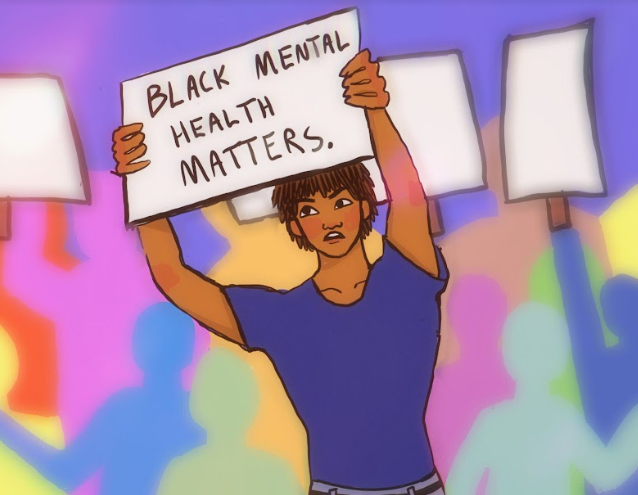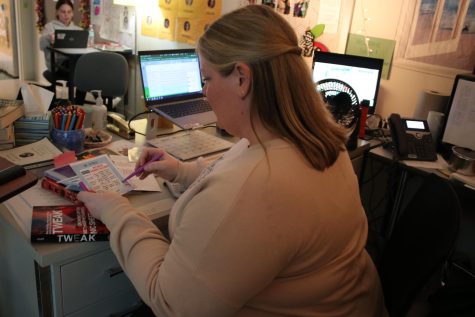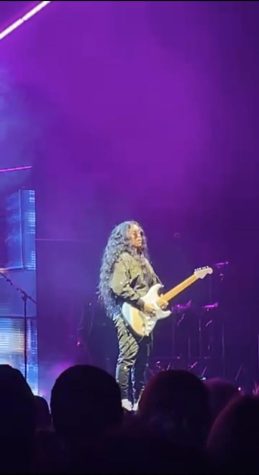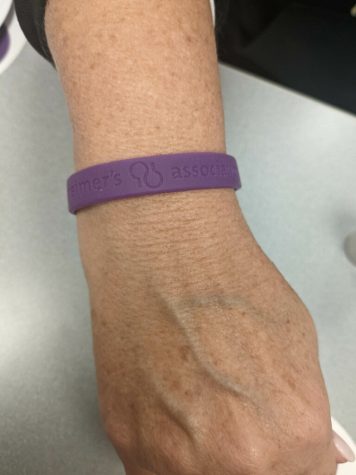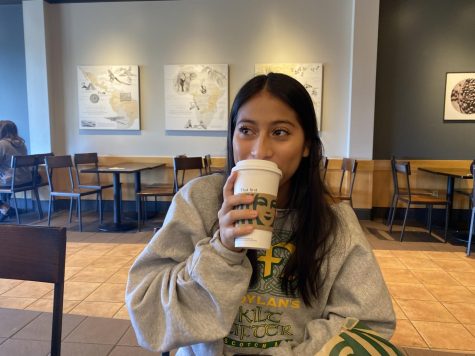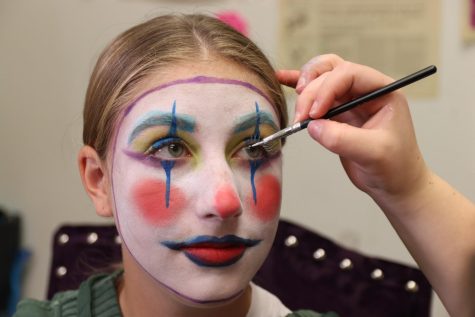Opinion: Black Mental Health Is Not Taken Seriously
Media by Emma Tyulyayev
Mental health awareness for black people is necessary for issues, such as overlooking signs of mental illness, to stop.
From jokes about Whitney Houston’s death to Kanye West’s meltdown on Instagram earlier this year, Black mental health has been the butt of jokes for decades.
Gabbie Hanna, a former YouTube star and now Tik Toker, confirmed she had a public manic episode starting on Monday, Aug. 22. She made more than 100 TikToks during the following week, ranting about philosophy, religion, spirituality, and faith. Then, her topic of conversation switched to transphobic comments, claiming to be a woman of color and openly expressing microaggressions toward Black women.
When I first encountered one of Hanna’s videos, I felt bad because she was having a public episode and didn’t have any privacy. My sympathy then disappeared when I watched a part of her live stream where she talked a lot about Black women.
“It’s like they’re dependent on God… when the father leaves,” Hanna said in that live stream.
That comment was offensive not only because she felt the need to talk about Black women only going to God when their fathers leave, but also because it reinforces the stereotype that all Black people grow up in broken homes.
Her words were uncalled for and extremely disrespectful to the Black community.
Some fans called the police and Hanna’s family members to make sure she was okay, and police came to Hanna’s house multiple times, under the pretenses of a health and wellness check.
As the internet goes, there were unfortunately jokes about Hanna’s mental state and assumptions that she faked the whole situation to promote her latest album, “Drama Queen”. But the jokes were relatively small in number compared to the backlash that Black people in the media have dealt with. For example, Brittany Johnson (Lovely Peaches), another famous Tik Toker.
Johnson showed signs of bipolar disorder and schizophrenia while on TikTok, and became famous for doing extremely outrageous and vulgar things on social media. Because of her popularity, the people around her wouldn’t stop her and instead recorded her while laughing at her.
Johnson never had anyone around her who cared enough to help and protect her.
Her behavior was sometimes called out by people on social media, but it wasn’t until she threatened to send men to Charli D’amelio’s, another popular influencer, home to harm her that people realized Johnson was in need of psychological help.
Hanna’s actions aren’t as worrying as Johnson’s actions were, but Hanna’s situation was taken a lot more seriously.
For most of the Black community, a mental health issue is just another sign of laziness or weakness. It’s pushed down and ignored so they don’t talk about it, which means that non-Black communities don’t hear or think about it.
Because of this bad habit, non-Black communities tend to look at black mental health as a source of entertainment. The lack of awareness that Black people have mental health issues too leads to people laughing at signs we should be worrying about. This habit has been so ingrained in society since the 1800s, when the stereotype that Black people can’t feel pain started.
This stereotype needs to stop so we can help everyone with mental health issues. In reality, these issues aren’t funny and we need to be more aware of signs others need help. It’s good that Generation Z is more open and supportive about mental health, but let’s keep that attitude open to everyone.
Your donation will support the student journalists of Marquette High School. Your contribution will allow us to purchase equipment and cover our annual website hosting costs. You may become a PATRON by making a donation at one of these levels: White/$30, Green/$50, Blue/$100. Patron names will be published in the print newsmagazine, on the website and once per quarter on our social media accounts.
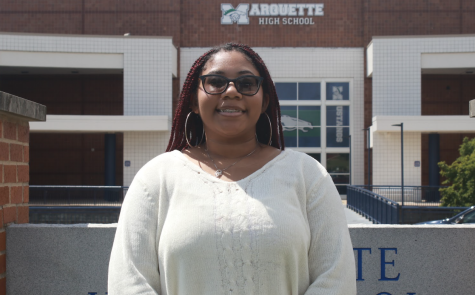
Tiona Merritte, sophomore, is the Arts & Entertainment Editor for the Marquette Messenger. This is her second year on the Messenger staff. In her free...
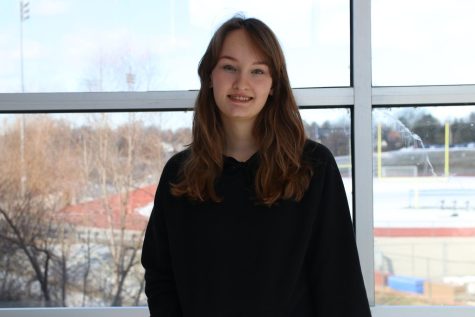
Emma Tyulyayev is an Illustrator for the Marquette Messenger. This is her second year on staff. After school, she enjoys driving around and going on frequent...



